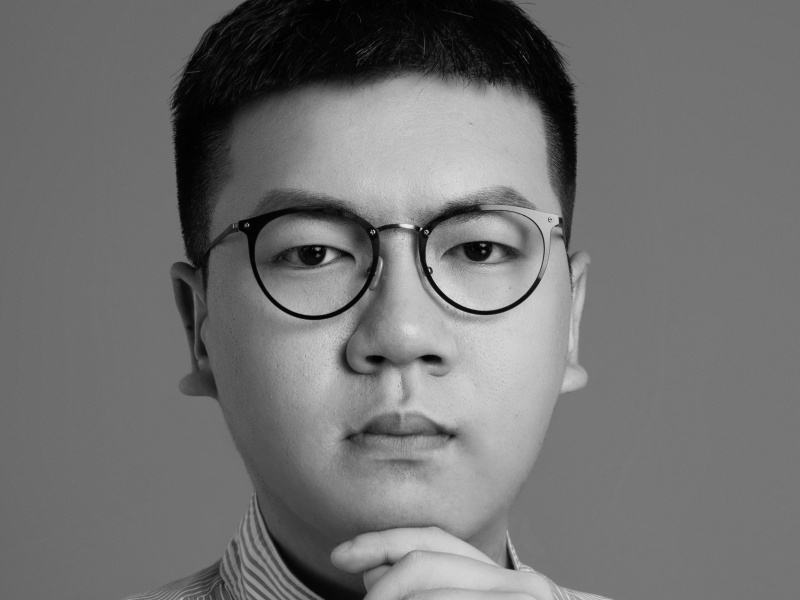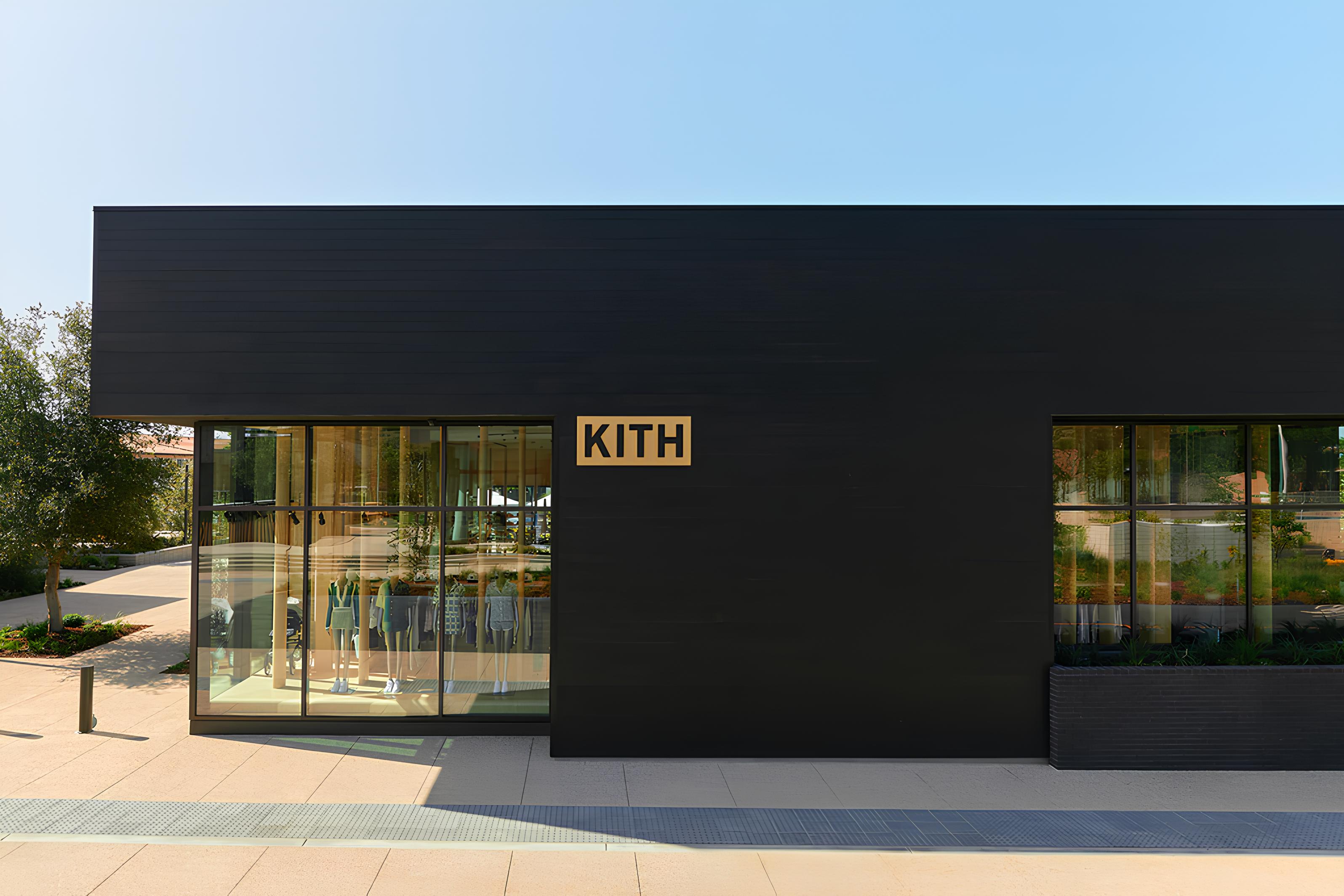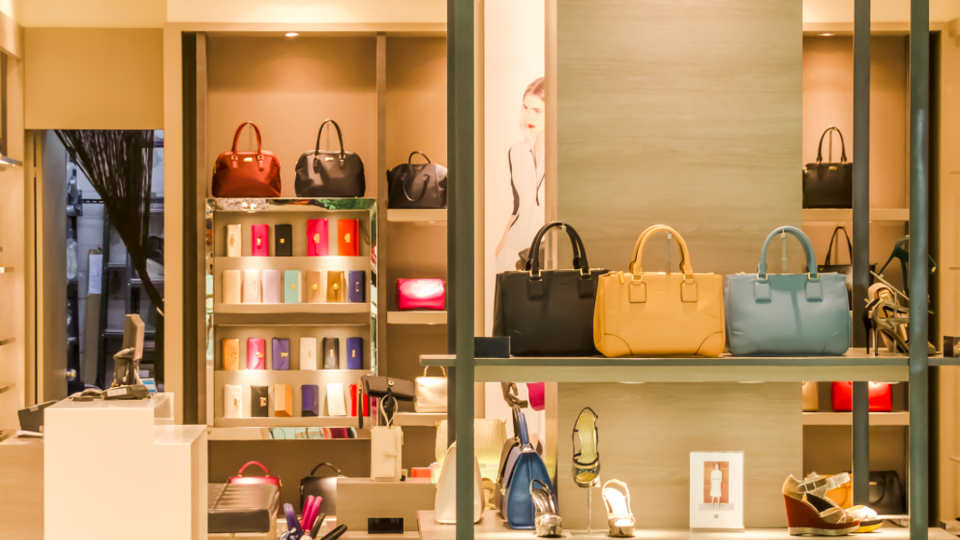Chloé’s decision to become a B Corp is a significant step forward for the luxury industry in terms of ESG. However, the debate over how to strike a balance between profitability and corporate social responsibility continues. Will Chloé, and the group as a whole, be able to transform in the face of external pressure?

Paris, 30 September, by the Pont de la Tournelle. The unmistakable French autumn sunshine greeted the first offline show under the direction of Gabriela Hearst, Chloé’s new Creative Director. At the end of the show, she raised her arms to the audience by the Seine, as if she were an Amazon, trailblazing her way through the fashion industry.
Less than a month after launching its new collection, Chloé announced that it had received B Corp Certification, making it the first B Corp in the luxury industry, echoing Hearst’s ambition since taking over as Creative Director of the label last year to inspire not only fashion, but social responsibility at this heritage fashion house.
It is worth noting Gabriela Hearst’s 92-page initiative delivered during her meeting with the French fashion house included her vision for the brand over the next five years and how sustainability will be embedded into the brand’s broader path. Her eponymous label was also one of the first to introduce the concept of sustainability in the American fashion landscape. The brand received a minority investment in 2019 from LVMH Luxury Ventures, an investment arm under LVMH.
But that said, going down this route has been a long time coming for the brand. Even before Hearst’s arrival, Chloé’s current Chief Executive Officer, Riccardo Bellini, made known his intentions to turn the brand into a B Corp. In an interview with WWD last year, Bellini said the company would shift to a purpose-driven business model that would maintain its growth momentum while delivering positive contributions to the environment, society, and community.
At a time when luxury groups (including Chloé’s parent company Richemont) and individual brands are making commitments on ESG, what is the significance of Chloé seeking out a B Corp Certification? Will Chloé’s decision to take this step serve as a model for Richemont and the luxury industry as a whole to improve their ESG practices?
Why Does Being a B Corp Matter?
To become a B Corp, a company must first pass the certification process run by B Lab, a third-party non-profit organisation. After completing the B Impact Assessment (BIA) and scoring more than 80 points, the company has to pay an annual certification fee based on its revenue each year. There are currently over 4,000 B Corps operating in over 150 industries around the world, including subsidiaries of major conglomerates such as Procter & Gamble and Unilever.
The BIA covers five major areas: Governance, workers, community, environment, and customers. Companies can earn points for every step taken in embedding policies and implementing practices that create positive impact for its stakeholders. B Lab evaluates a company’s overall impact performance also by reviewing financial and organisational information disclosed by the company.
Most of today’s leading luxury groups have established internal ESG-related indicators and goals, such as LVMH’s LIFE 360 programme and Kering’s 2025 sustainability goals, to demonstrate the company’s support for social and environmental discussions that their stakeholders are concerned about. However, due to a lack of external oversight and effective process disclosure, these objectives can appear to be unchecked and solely reliant on self-commitment.
“The B Corp Certification journey can really identify the impact of three different aspects of a company’s object, policies, and actual actions,” says Min Ko, External Consultant, Asia/Africa Market Strategy at B Lab Global and Co-founder of B Corp China. “The unique value that B Corp Certification brings is that, as far as I know, it is the one and only certification that takes a holistic and comprehensive approach to validating a company’s overall impact performance based on practices and policies, rather than a certification of a specific process or product.”
Of the five areas, Chloé scores relatively higher on environment and workers. Since Gabriela Hearst took over, more tactile and responsible considerations have been reflected in the brand’s design and product strategy. For the latest Spring/Summer 2022 collection, 58 per cent of the materials used were low-impact, which means they were produced in a sustainable manner by recycling, reusing, or using locally sourced materials. Furthermore, the brand purposefully collaborated with global artisan organisations in the production of this collection to highlight the influence of communities from various backgrounds. The woven basket bags, for example, are made by Mifuko, a fair-trade certified handcraft brand based in Kenya; while the sliders were created in collaboration with Ocean Sole, an artisan group that works with marine waste.
Credit: Chloé
That, however, is insufficient. According to the BIA report released by Chloé, while the brand is mostly able to meet B Lab’s targets on the environmental front, including issues related to energy use and carbon emissions (both of which are of great concern to the entire fashion industry), there are still gaps in the disclosure and management of supplier impacts, product use impacts, and product lifecycles. Given the nature of the luxury industry, some of these issues (such as product lifecycle solutions) may be difficult to change without jeopardising brand equity. While some of the other concerns, such as management of the supply chain, may not be top priority for the company at this stage.
This is yet another reason for companies to pursue B Corp Certification. According to Ko, the BIA is more than just a one-off verification; it can also be viewed as a management tool for companies. “Global partners or country partners will take the lead in having a conversation with those companies to ensure that the BIA is not just a test that they want to pass,” she adds. “Although the primary purpose of completing the BIA is to apply for certification, it can also be used to track performance improvements over time on specific material topics that are relevant to the user company. Plus, it also allows users to compare their performance and benchmark best practices of other users in the same sector.”
However, given the nature of B Corp Certification, the main challenge in becoming a B Corp is not so much about changing a production process or a line of management as it is about having an entire company make a public commitment, shifting from a performance- and value-driven shareholder model to a new model that delivers real positive impact for all stakeholders.
This transformation is not without cost. How to balance profitability with continuous positive change has long been a source of contention in the luxury industry, if not all industries. However, as the ESG debate heats up, not only customers and suppliers, but also investors and governments, are urging companies to take the plunge. “This isn’t like a hot topic trend that will be there for a short period of time and then just disappear. I believe that the timing is just escalating very quickly right now due to the urgency of the matter associated with the ESG. It’s a risk factor, but it’s also an opportunity factor,” Ko opines.
With Chloé becoming a B Corp, it raises the question as to whether other Richemont brands will follow suit. Currently, only a few companies (such as Danone) have made it a top-down initiative, requiring regional companies and subsidiaries to join in. “A lot of these conglomerates will start with smaller brands and then try to expand the concept internally,” she explains.
Will The Game Change?
Richemont has long been known for its hard luxury portfolio, which includes brands such as Cartier and Vacheron Constantin. Its fashion and accessories division which includes brands such as Chloé and Dunhill, however, is not on the same scale as its peers LVMH and Kering.
According to the FY22 interim results recently released by Richemont, the ‘Other’ division, which covers its Fashion & Accessories Maisons, reported revenues of 935 million euros as of six months ending 30 September 2021, representing only 10.5 per cent of the Group’s sales and an operating margin of 3.1 per cent, far below the 22.4 per cent and 37.9 of the watch and jewellery divisions.
Philippe Fortunato, former Chief Executive Officer of Givenchy and an LVMH veteran of more than two decades, took over as Chief Executive Officer of Richemont’s Fashion & Accessories Maisons in June 2020.
Since his arrival, the division has acquired a new brand (Delvaux), appointed new creative directors to three brands (Alaïa, Chloé, and Montblanc), and reinstalled Jean-Marc Loubier as Chief Executive Officer of Delvaux.
Change is afoot not only within the group, but also without. According to Miss Tweed, American activist hedge fund Third Point recently acquired a stake in Richemont. Artisan Partners, which now owns 1.2 per cent of the company, agrees with Third Point that the company has “significant unrecognised value.” With the involvement of profit-seeking activist investors, Chloe’s purpose-driven model may also be contested in the future.
Richemont has a dual-class share structure, with its Founder and Chairman Johann Rupert owning 9.1 per cent of Class B shares but more than half of the voting rights, implying that the traditional activist investor playbook may not work well in Richemont. However, Jean-Philippe Bertschy, an analyst at the private banking firm Vontobel, told Reuters, “This is a very interesting, not to say promising, development. Some external pressure is always healthy.” He also stated that Third Point and Artisan Partners were just the tip of the iceberg when it came to pressure.
According to David Samra, Managing Director of Artisan Partners, the key source of Richemont’s undervaluation is its loss-making e-commerce business, specifically Yoox Net-A-Porter. These shareholders are likely to press Richemont to divest its e-commerce business and revise its succession strategy.
Richemont was the first of the luxury conglomerates to recognise the luxury e-commerce opportunity. In 2015, Rupert stated at the Financial Times’ summit in Monte Carlo that the future of luxury retail lay both online and offline. Now, the opportunity of luxury e-commerce is evident to all. But YNAP, which was the backbone of Richemont’s e-commerce division, is now up for sale.
This same concern can also be applied to Chloé, which is planning to change its business model. Although digitalisation is as much of a trend as ESG, can previous efforts be sustained when they begin to impede the company’s profitability?
The situation at Danone paints a bleak picture of this, as Artisan Partners, also Danone’s third largest shareholder, and Bluebell Capital, another activist investor, have asked for the departure of Emmanuel Faber, the group’s former Chief Executive. During Faber’s tenure, he led the group’s subsidiaries to apply for B Corp Certification in line with his belief in sustainability, but he faced criticism for underperformance. Faber eventually stepped down in March this year.
Chloé’s move is admirable, both at Richemont and in wider the fashion industry. However, the value of its B Corp certification must be demonstrated beyond being a feel-good status. While vision is commendable, can it really thrive in today’s capitalist and profit-driven society?










